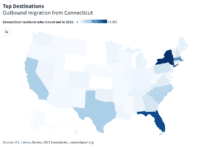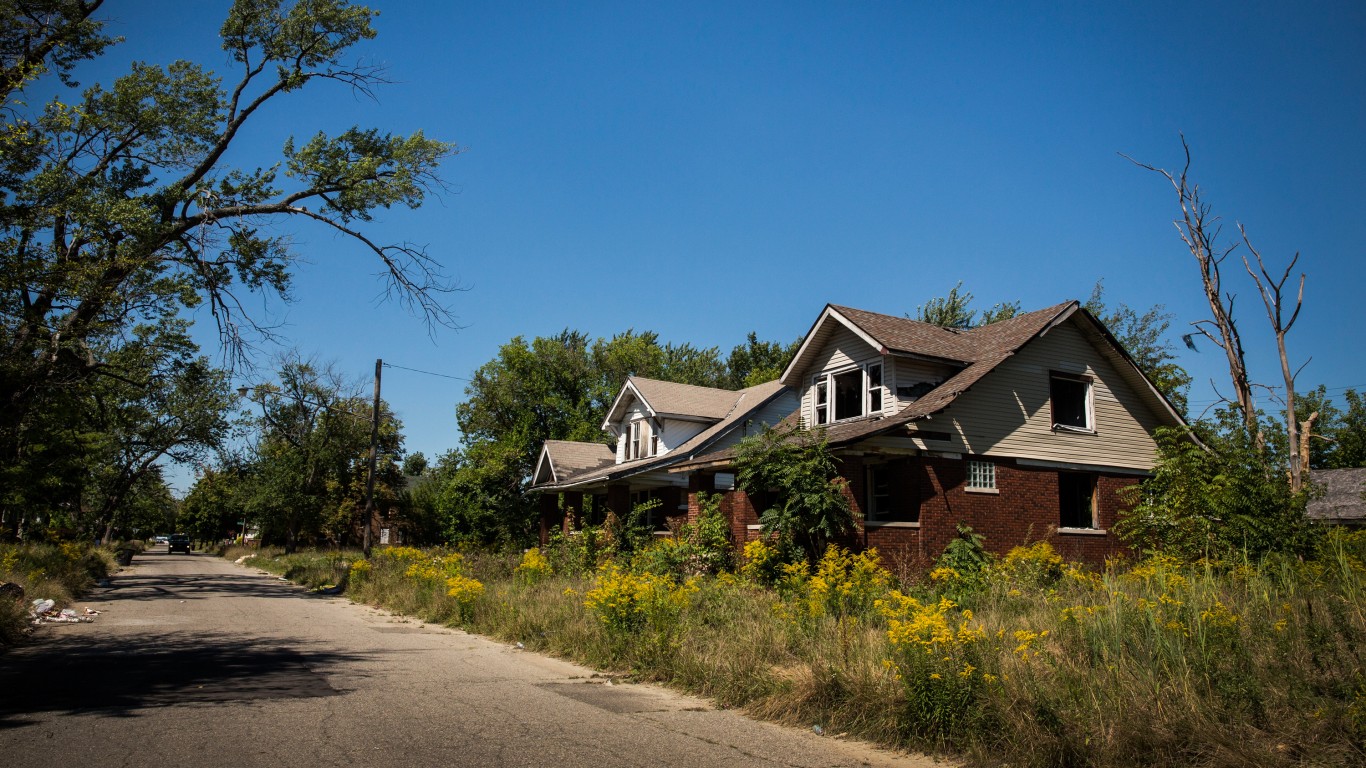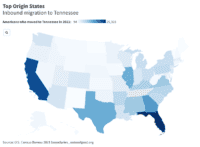
There really isn’t a definition of early retirement. Some people use 62, the age at which Americans become eligible for Social Security. (The payments are higher if people wait to sign on at a later age, but the calculation is personal and is often based on financial circumstances and health.)
Other analyses figure early retirement from 59½, the age at which people can withdraw funds from 401K or Roth IRA accounts without taxes or penalties. On the other hand, since 65 is the traditional retirement age, there is a case to be made that people can retire as late as 64 and still fall into the “early retirement” category. (This is the number of retired people in every state.)
One thing is certain. Much of what people need to do to retire early is what they have to do to retire at all.
Those who retire early do have to make some plans that might not be as important to people who retire at 70 or later, however. Certainly, those who retire at 62 should plan to live at least another two decades. According to the National Center for Health Statistics’ National Vital Statistics System, U.S. life expectancy in 2020 was 77.8 years — but almost 10% of Americans live to be 85 or older.
Remaining healthy becomes a bigger challenge as people age, no matter how early they retiree. Obesity and cardiovascular diseases become larger risks. Older people are more likely to suffer from Type 2 diabetes. Exercise and a good diet are important for everyone, but that importance increases with age.
Part of what people need to do is prepare as early as possible for the conditions age often brings. Among these are financial plans for disability. Some people begin to live on a single floor in the anticipation of less mobility. Still others have to do with planning for medical care which may become more frequent as they age.
Another part of retiring early has to do with finances. The story is that F. Scott Fitzgerald once said to Ernest Hemingway, “You know, the rich are different from you and me,” to which Hemingway reportedly replied “Yes, they have more money.” This applies to retirement. People need to fund their lives for at least two decades. That means those of modest means may need to sell their homes to be able to afford retirement. Others may need to move to places with lower costs of living. Consider what it costs to retire comfortably in every state.
Click here to see things to do if you want to retire early
We looked at what early retirement may require, and here is what we found.
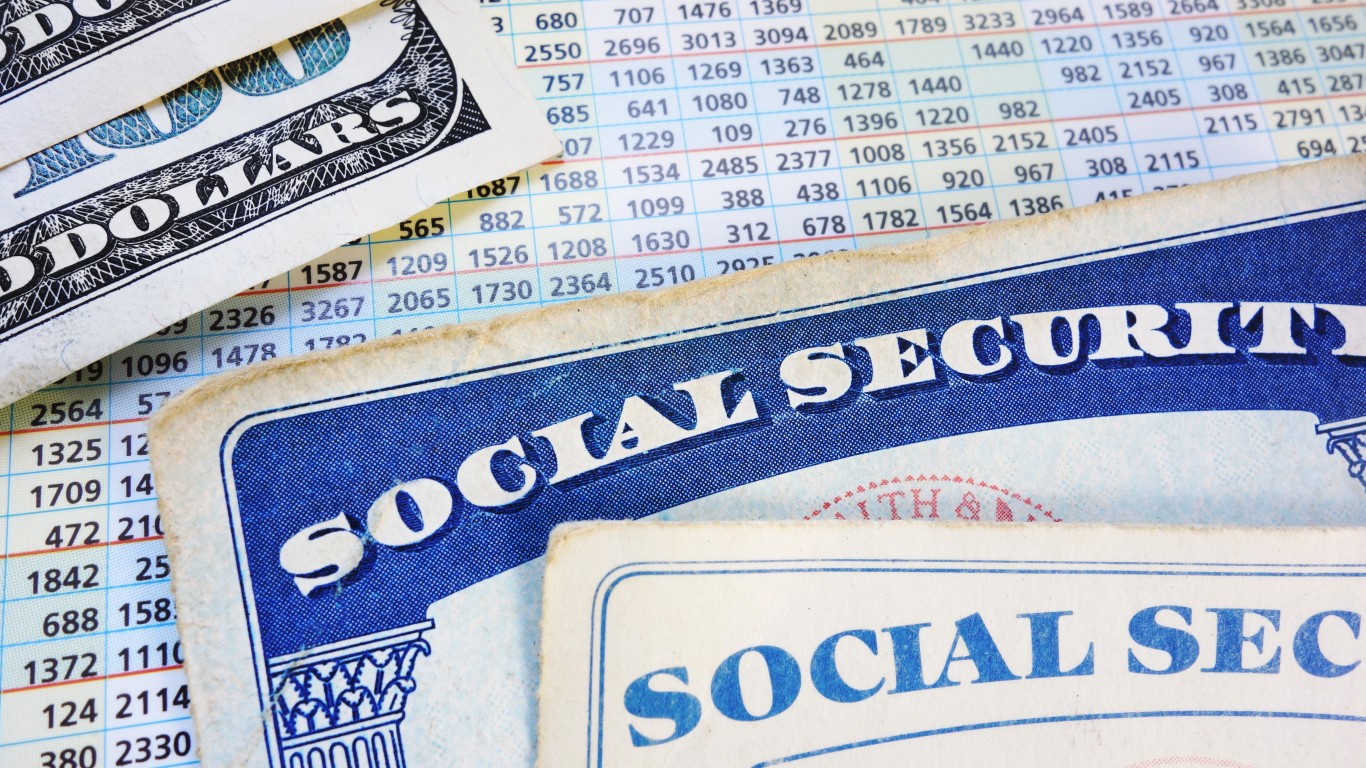
Take Social Security early
Financial experts often advise retirees not to take Social Security early. However, if you expect to live another decade or longer, the smaller payment is made up over time.
[in-text-ad]

Move someplace less expensive
Many people who retire are on fixed incomes. Some have not saved enough to fund two decades of living. Moving someplace less expensive lets dollars go further.

Make money with a yard sale
Want a quick way to make money? If you plan to move, or just organize for a simpler life, have a yard sale.

Save money with Medicare doctors
People who retire often need to stop seeing expensive doctors and save money by using those who take Medicare. Find them early in case you need one.
[in-text-ad-2]

Take senior citizen discounts
Seniors get discounts for everything from bus passes to movie tickets. It’s an effortless way to save cash.

Join AARP
The American Association of Retired Persons, or AARP, has 38 million members. Not all of them are actually retired: Many people join as early as their 50s. Members save money on everything from cellular service to car rentals to life insurance.
[in-text-ad]

Get healthy to save on medical costs
As people age, they become more susceptible to cardiovascular disease and immune system problems. Exercise reduces these risks.

Stop spending money on adult children
Many Americans spend more on their adult children than they do on their retirement. That eats through nest eggs quickly.

Move into safe investments
The stock market doesn’t always go up. Move out of risky stocks and put more savings into corporate bonds, money market accounts, and annuities.
[in-text-ad-2]

Walk for mental health
Exercise is not just for physical health. Walking helps with cognition, weight loss, energy, and mood.

Get a pet
Pets are known to improve mood, blood pressure, and social interaction.
[in-text-ad]

Plan to live past 80
A century ago, life expectancy was 53. Today, the number has risen to 79. Retire at 62 and live another 20 years. Ready?

Start to take public transportation
Older people have slowing reflexes, worsening vision, and problems with motor skills. Start to take public transportation instead of driving yourself.

Work part-time or volunteer
Some studies show that people who stay engaged with some kind of work continue to live longer.
[in-text-ad-2]

Go back to school
It’s never too late to start studying what you wish you’d studied in college. Or go back to school to learn new skills.

Get ready to live on one floor
Most older Americans prefer to live on one floor. As people age, stairs can become a challenge.
[in-text-ad]

Prevent dementia
Preventative measures to help stave off dementia include cutting down or eliminating alcohol, maintaining a healthy weight, avoiding food high in fat, and increasing daily exercise.

Consider community living
People may find they need modest daily living assistance and medical care as they age. Prepare to join a community that caters to retirees.
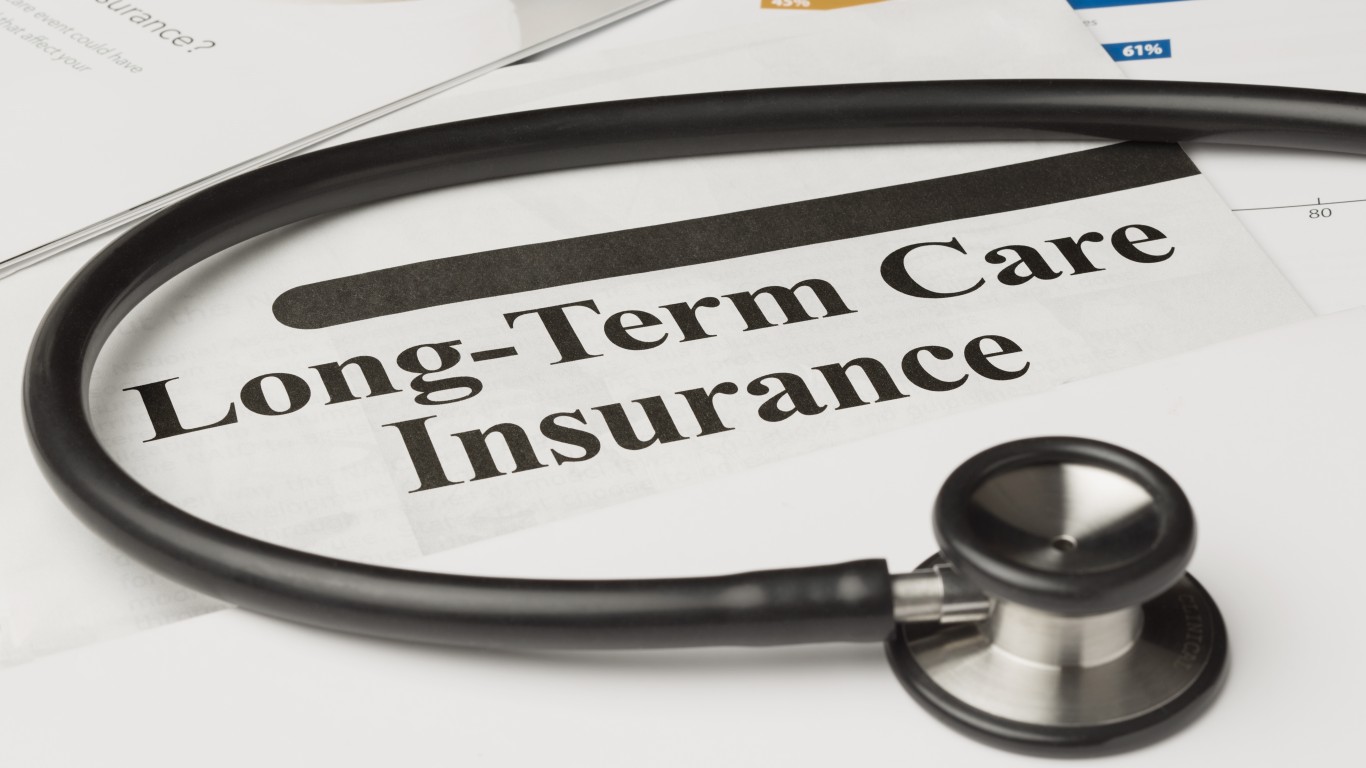
Get long-term care insurance
Older people are more likely to need help if they are disabled. This can be extremely expensive, so a good long-term care plan can be important.
Credit card companies are handing out rewards and benefits to win the best customers. A good cash back card can be worth thousands of dollars a year in free money, not to mention other perks like travel, insurance, and access to fancy lounges. See our top picks for the best credit cards today. You won’t want to miss some of these offers.
Flywheel Publishing has partnered with CardRatings for our coverage of credit card products. Flywheel Publishing and CardRatings may receive a commission from card issuers.
Thank you for reading! Have some feedback for us?
Contact the 24/7 Wall St. editorial team.
 24/7 Wall St.
24/7 Wall St. 24/7 Wall St.
24/7 Wall St.